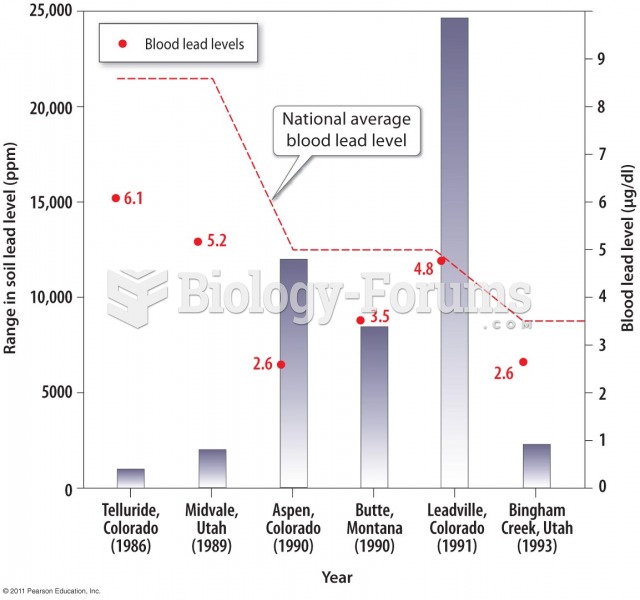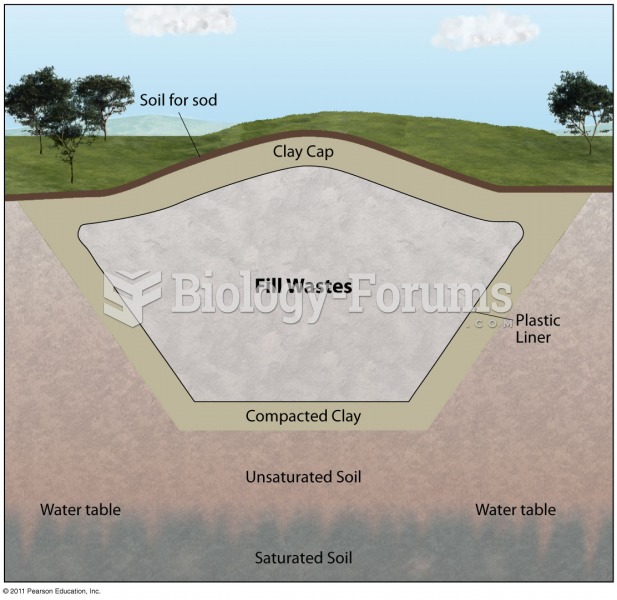This topic contains a solution. Click here to go to the answer
|
|
|
Did you know?
Walt Disney helped combat malaria by making an animated film in 1943 called The Winged Scourge. This short film starred the seven dwarfs and taught children that mosquitos transmit malaria, which is a very bad disease. It advocated the killing of mosquitos to stop the disease.
Did you know?
Everyone has one nostril that is larger than the other.
Did you know?
The human body produces and destroys 15 million blood cells every second.
Did you know?
It is believed that humans initially contracted crabs from gorillas about 3 million years ago from either sleeping in gorilla nests or eating the apes.
Did you know?
Blood is approximately twice as thick as water because of the cells and other components found in it.







